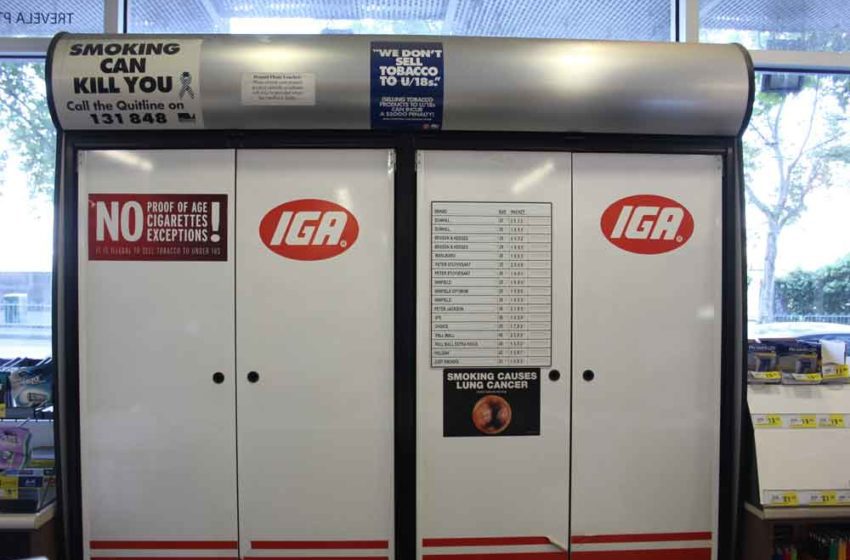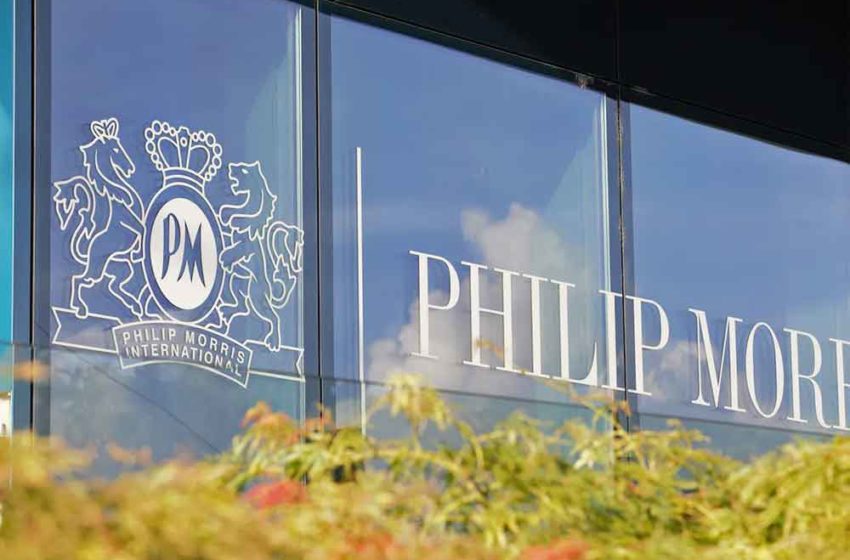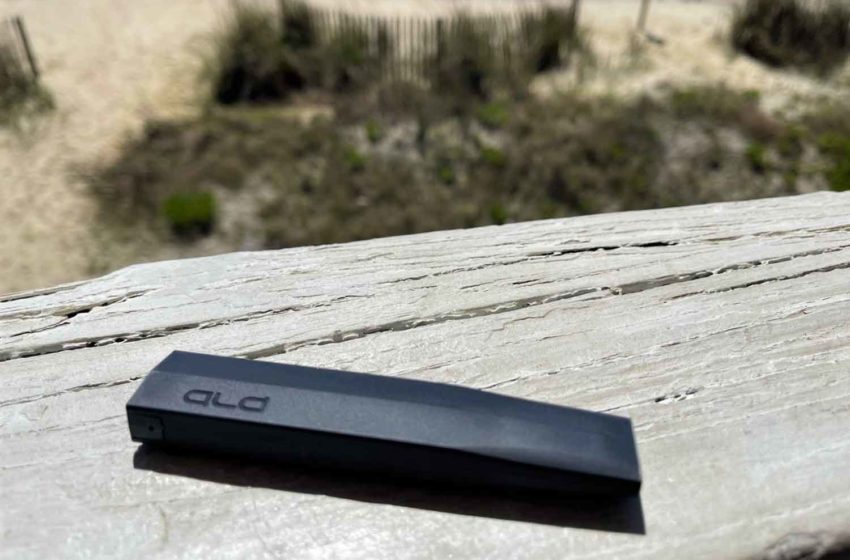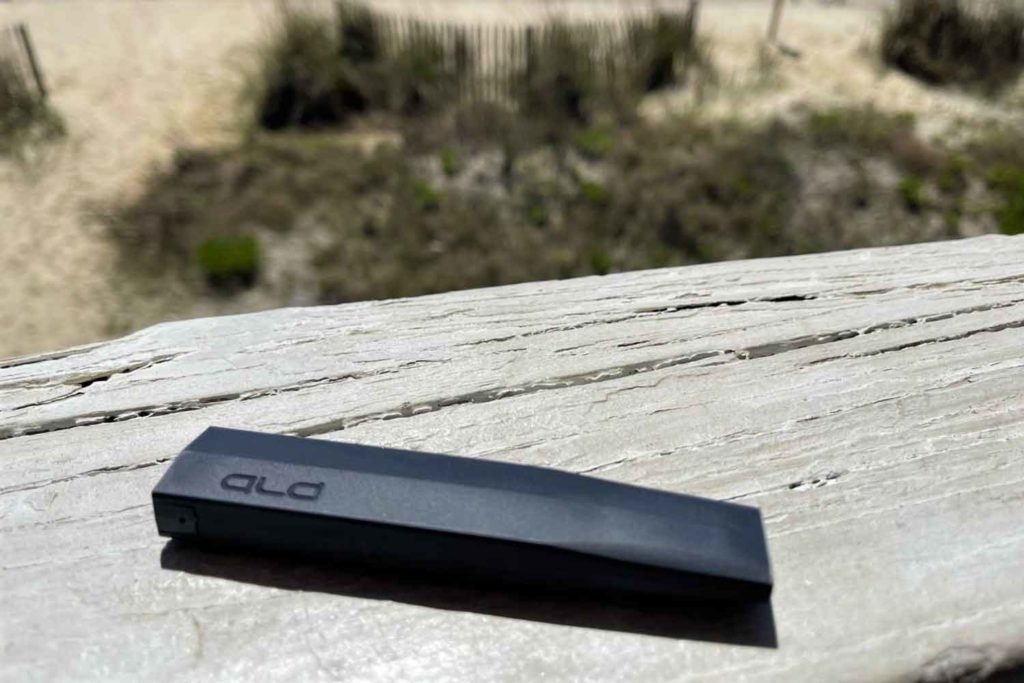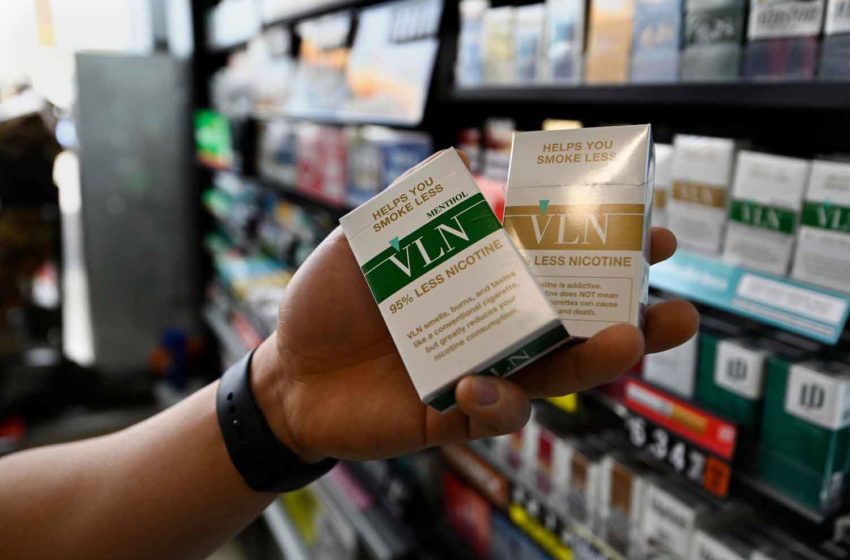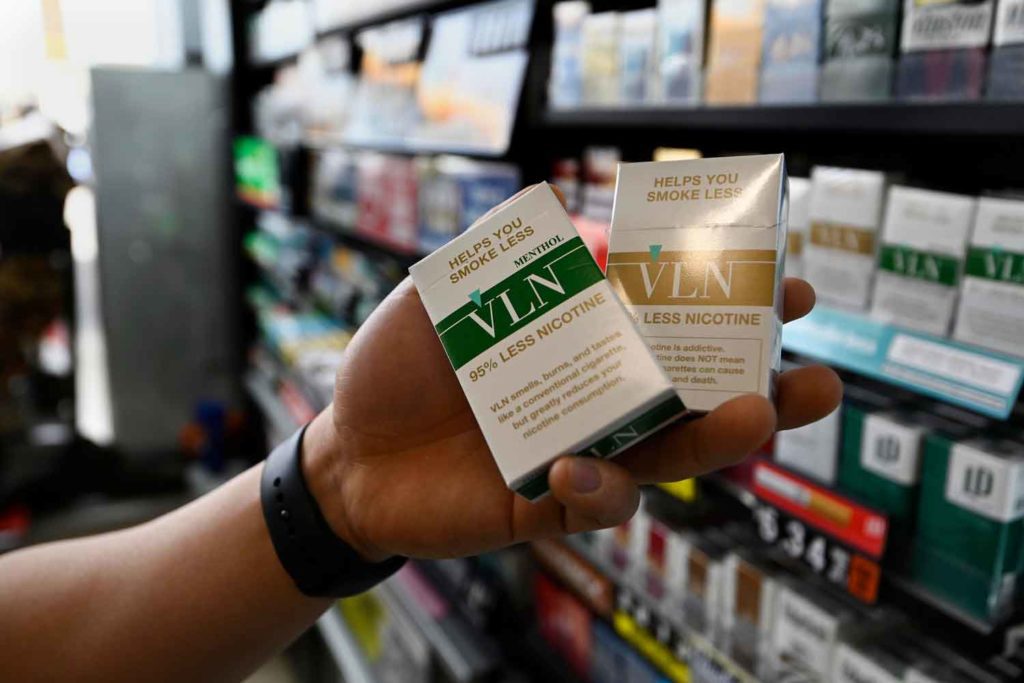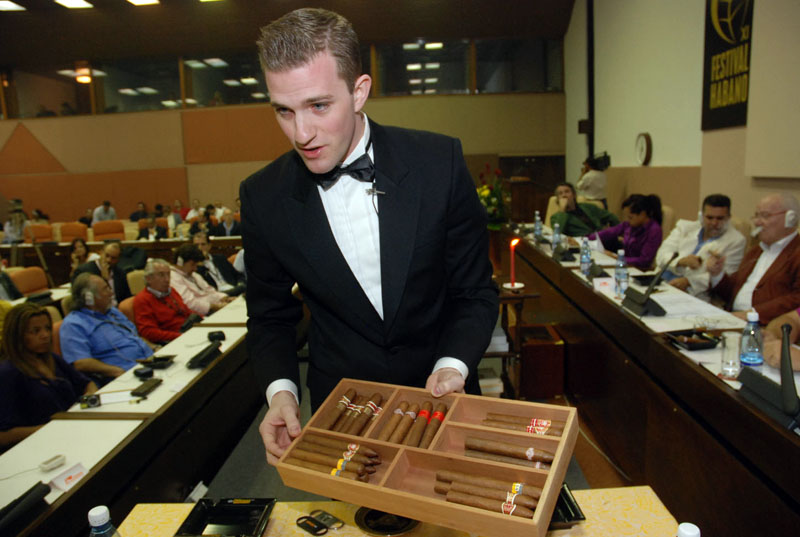
Habanos reported a turnover of $568 million in 2021, up 15 percent growth over the previous year.
“The 2021 results confirm the solid path we are on, despite the crisis caused by Covid-19. Last year we surpassed the $500 million mark for premium cigar sales worldwide, an all-time record for the category and a testament to the enormous potential of our business,” Habanos wrote in a statement attributed to its co-presidents, Inocente Núñez Blanco and Luis Sánchez-Harguindey Pardo de Vera.
“We are very proud to lead the premium cigar category and to continue to grow despite the situations experienced over the past two years,”
In terms of volume, Habanos, top markets were Spain, China, Germany, France and Switzerland. Europe remains Habanos’ main regional market, with 59 percent of global sales volume, followed by Asia Pacific (16 percent), America (14 percent) and Africa and the Middle East (11 percent).
“At Habanos, we maintain our commitment to offer the best experience to our aficionados, exclusive products and novelties, all in keeping with the quality, tradition and unique origin that make our Habanos a luxury product appreciated all over the world,” Commercial Vice President Leopoldo Cintra González and Vice-President of Development José María López Inchaurbe wrote in a press note.
“Our aficionados have remained loyal to Habanos and their tastes and, in many cases over the past year, they have incorporated into their domestic consumption vitolas and brands that used to be part of a more social consumption.”
According to Habanos, the Covid-19 pandemic has changed consumer habits. However, working with its distributors, the company said it was able to keep alive smokers’ passion for Habanos with a combination of product launches, virtual events and—when possible—face-to-face events.
While strong demand, in combination with the pandemic, has delayed the supply of some of Habanos’ bestselling vitolas, the company managed to export 38 new products in 2021. Habanos says it the supply situation has gradually improved after the first quarter of 2022.
Following the pandemic-related cancelation of the Habanos Festival in 2021 and 2022, the company presented several new products, including : Cohiba Ambar Cohiba Ideales and Cohiba Edición Limitada 2021, at is virtual Habanos World Days.
Habanos will commemorate the 55th anniversary of its prestigious Cohiba brand on Sept. 9 in Havana.



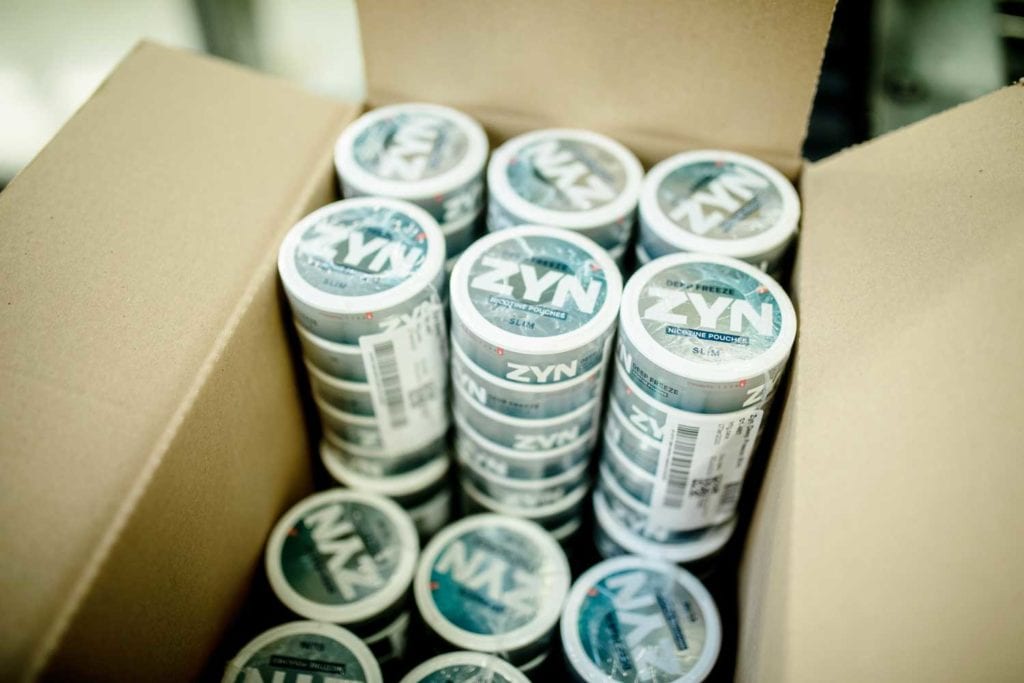


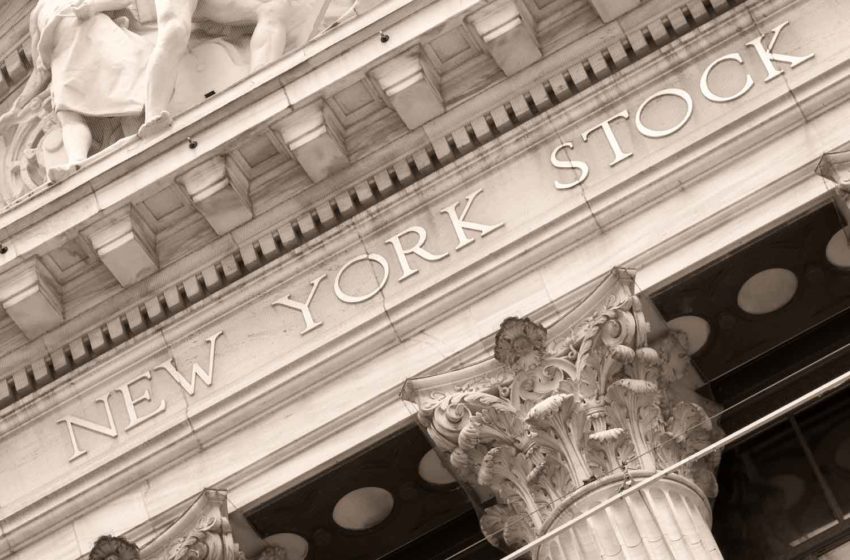
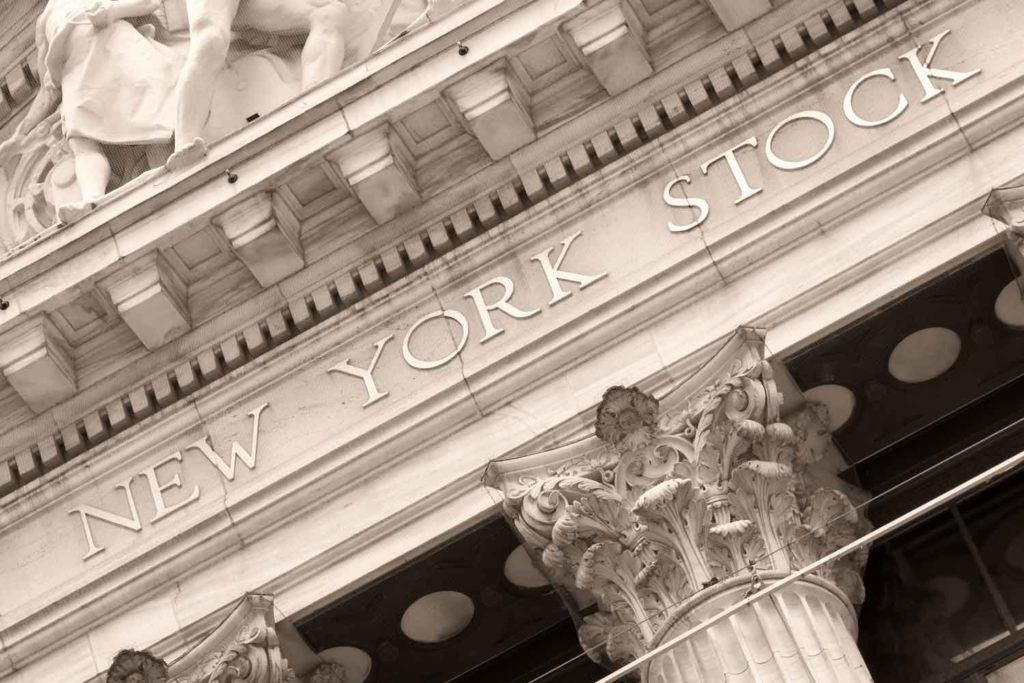
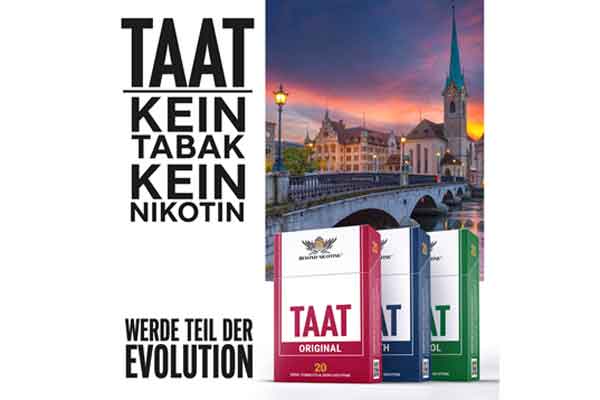
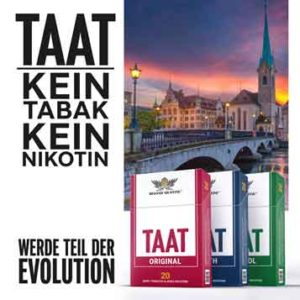 Taat Global Alternatives is preparing to introduce its tobacco-free cigarettes in Switzerland
Taat Global Alternatives is preparing to introduce its tobacco-free cigarettes in Switzerland

